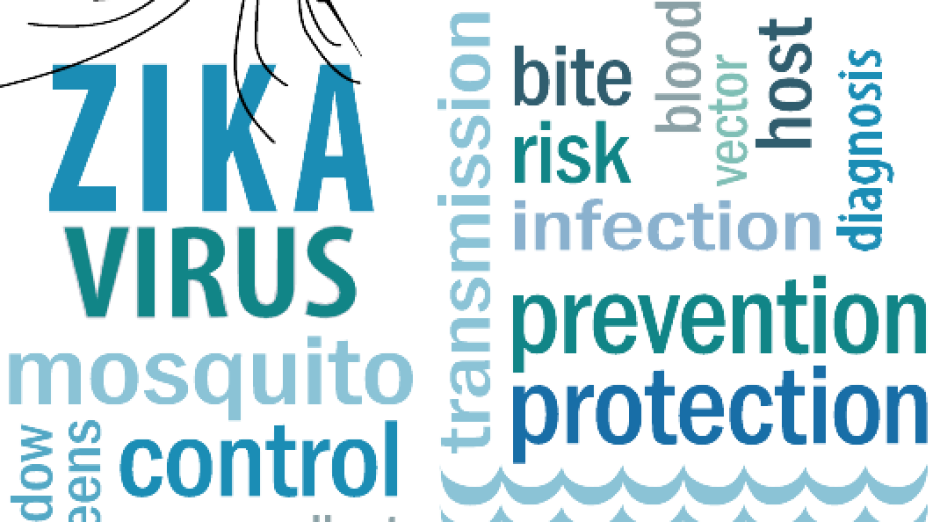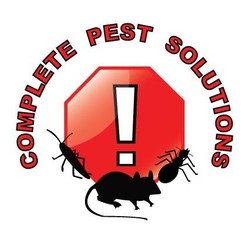
Know and Identify Your Pest
Bed Bugs
If you noticing red, itchy bumps after a night in bed you may have bed bugs? Take a look under your mattress, if you notice rust colored stains you may have a bed bug infestation. Bed Bugs are a small pest making a big comeback in the United States. Bed bugs travel, and spread, easily.
They do not care about the sanitation of your home or business.
Bed Bug Extermination Solutions
Complete Pest Solutions offers dependable, flexible, and effective residential and commercial bed bug treatments and extermination services. Clients can choose from a range of preventive and responsive pest management services and solutions, all delivered by a trained and dedicated pest control professional.
Request a Free Inspection today! We can fix your bed bug problem and help you get rid of bed bugs.
About Bed Bugs
Cockroaches
The worst thing anyone wants to see when they flip on the lights for a midnight snack, is a roch scurrying across the countertop! Cockroaches can hitchhike into even the cleanest of homes on items as as your grocery bags.
Cockroach Extermination and Treatment Services
Complete Pest Solutions offers residential and commercial clients a range of preventive and responsive cockroach management extermination services and solutions, all delivered by trained and dedicated pest control professionals. Complete Pest Solutions provides dependable, flexible, and effective residential and commercial cockroach treatments and extermination services.
Request a Free Inspection today! We can identify your cockroach problem and help you get rid of cockroaches.
About Cockroaches
Flea Control Services
Complete Pest Solutions offers dependable, flexible, and effective residential and commercial flea treatments and flea extermination services. Clients can choose from a range of preventive and responsive pest management services and solutions, all delivered by trained and dedicated pest control professionals.
We can help you get rid of your flea infestation. Request a Free Inspection today!
About Fleas
These tiny terrors aggravate people and their pets with their itchy, painful bites. Fleas account for more than half of the dermatological conditions requiring veterinary assistance and even a
single flea bite can be intensely irritating. Bites tend to be concentrated on the lower legs but can also occur elsewhere. Some bite victims also suffer from allergic dermatitis
characterized by intense itching, hair loss, reddening of the skin and secondary infection.
|
|
||
|
Identifying Characteristics: |
Adult fleas are small, dark-colored, wingless insects that are flattened from side to side. The most commonly encountered flea is the cat flea or Ctenocephalides felix. It has an incredibly tough body and it is difficult to kill a flea just by squeezing between the fingers. |
|
|
What does it eat? |
Adult fleas feed exclusively on the blood of animals and people. |
|
|
Where does it hide? |
Flea larvae like to hide in dark areas close to the ground, like carpets. Eggs are commonly found on or near pet’s resting areas. Adult fleas prefer to live on the host animal. |
|
|
What can it do to me? |
In addition to their annoying, itchy bites, fleas also spread diseases by serving as a vector for disease producing organisms. Fleas transmit diseases to both people and pets such as dermatitis, murine typhus, plague and tapeworm. |
Yellow Jacket Control Services
With a potent sting and aggressive nature, yellow jackets can be a formidable foe. Mowing the lawn, doing home improvement projects, or even walking by a nest can incite an attack by one or more yellow jackets who mobilize to protect their home. Complete Pest Solutions has the tools and experience to take back the yard for you – contact us today to handle your yellow jacket problem.
Yellow Jacket Extermination
Complete Pest Solutions offers dependable, flexible, and effective residential and commercial yellow jacket control and extermination services. Clients can choose from a range of preventive and responsive pest management services and solutions, all delivered by trained and dedicated pest control professionals.
Request a Free Inspection today! We can identify your yellow jacket problem and help you get rid of yellow jackets.
About Yellow Jackets
In some species, a chemical alarm is released upon stinging that causes the other yellow jackets to join the attack. Unlike bees, yellow jackets do not lose their sting after an attack and can
therefore sting repeatedly. Multiple stings can be inflicted by a swarm of yellow jackets in a very short time.
|
|
||
|
Identifying Characteristics: |
Yellow jackets are mid-sized wasps with yellow and black abdomens. The abdomen does not taper at the waist, but is broad. |
|
|
What does it eat? |
Some yellow jackets are predators, hunting caterpillars, flies and other insects. Others species are scavengers, preferring to feed on garbage and carcasses. |
|
|
Where does it hide? |
Yellow jackets will construct their papery nest in the ground, or in structural voids, attics and crawlspaces. |
|
|
What can it do to me? |
Yellow jackets may be aggressive when disturbed and can deliver a painful sting. |
Rodent Control Services
Complete Pest Solutions offers dependable, flexible, and effective residential and commercial rodent control and rodent extermination services. Clients can choose from a range of preventive and responsive pest management services and solutions, all delivered by trained and dedicated pest control professionals.
Rodent Extermination Treatments
As autumn approaches, many homeowners find rodents seeking shelter indoors for the winter. These inventive invaders can squeeze through an opening the size of a dime to find food and shelter. Unfortunately, rodents such as rats and mice bring some baggage. According to the CDC, they are responsible for the spread of over 35 diseases worldwide. After invading the home, rodents can contaminate food sources, transport fleas and spread diseases such as plague, murine typhus and hantavirus pulmonary syndrome. Don’t worry, Complete Pest Solutions has the extermination treatments to help you get rid of rodents.
Request a Free Inspection today! We can help solve your rodent problem.
About Rodents

